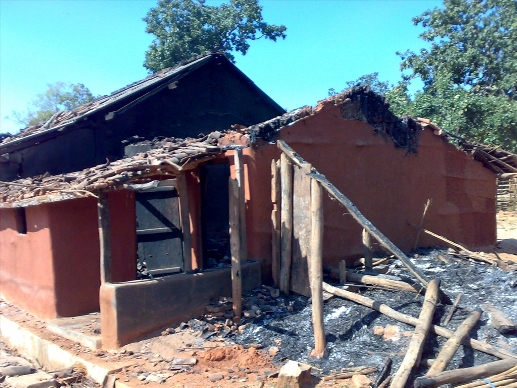
In northeast India, local Christian leaders are calling on the Odisha state government to enforce a Supreme Court ruling that the compensation paid to victims of the 2008 Kandhamal violence, which left about 100 Christians dead, was “not enough”, reports Asia News.
The August 2016 ruling ordered that Odisha should arrange extra payment, though the Christian leaders have said, a year on, that nothing has been paid out even though “the money is already in the district”.
Victims of the religiously motivated violence by Hindus against Christians in the Kandhamal district of Odisha were paid a token interim compensation of US$150-750. As well as the 100 Christians killed, 300 churches and as many as 6,000 Christian homes were damaged and 56,000 people displaced in the violence that followed the killing of Hindu leader Swami Laxmanananda Saraswati, on 23 August 2008.
The petition given to the Kandhamal District Collector by the Odisha Christian leaders noted the various provisions of the Supreme Court Judge’s verdict, including additional compensation of 300,000 rupees (US$4,600) per victim, 30,000 rupees (US$460) for serious injury, 10,000 rupees (US$ 154) for simple injury, and 70,000 rupees (US$ 1,080) for severely damaged houses.
The Archbishop of Cuttack-Bhubaneswar, John Barwa, who backed the petition, said the “Christian victims of Kandhamal deserve more compensation”. He added that Christians should continue praying for the seven men Christians believe were unjustly blamed for the murder of Swami Laxmanananda, which triggered the 2008 violence.
The ‘Kandhamal seven’ have been in prison for nine years. An appeal against their convictions was again postponed earlier in October. The seven, six of whom are illiterate, were convicted in 2013. Three of them are Dalits, the other four are tribals. They all plead not guilty.